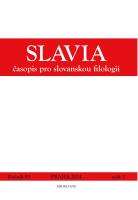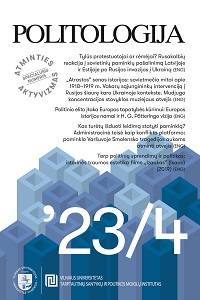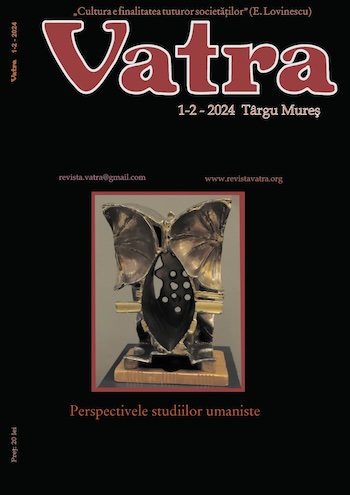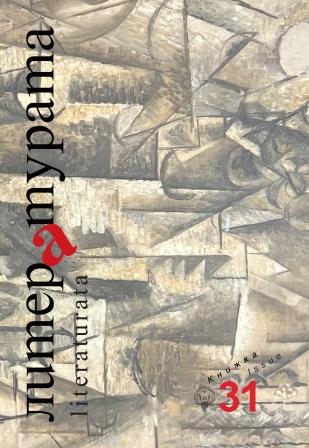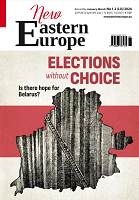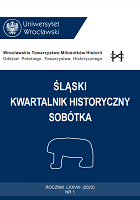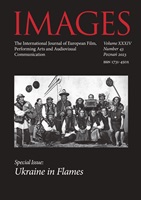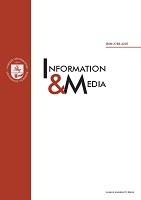
Script to Screen: Refining the Sense of Screenwriting and Directorial Cinema in Adapting The Da Vinci Code
This research mainly explores the connection between Dan Brown’s The Da Vinci Code, with the filmmaker’s cinematic depiction of literature. Ron Howard as an adaptation director in the Hollywood industry is evaluated in the context of his auteurism and examined his approach of repudiating a substantial portion of the Catholic secrets which dodged the predicament of fidelity, a core of conventional Film Adaptation. Disregarding the controversy, fidelity is indeed a deliberate action overtly brought by the auteurist vision resulting from screenwriting. This article explores the modern implications of screenwriting on auteurist function, aiming at how Hollywood’s conception of the director’s auteurism in cinema works and the film’s artistic approaches from the novel to the screenplay. This study illustrates that the adaptation highlights the author’s and his work’s superiority yet emphasises the director’s technique as inevitable during the transposition.
More...
